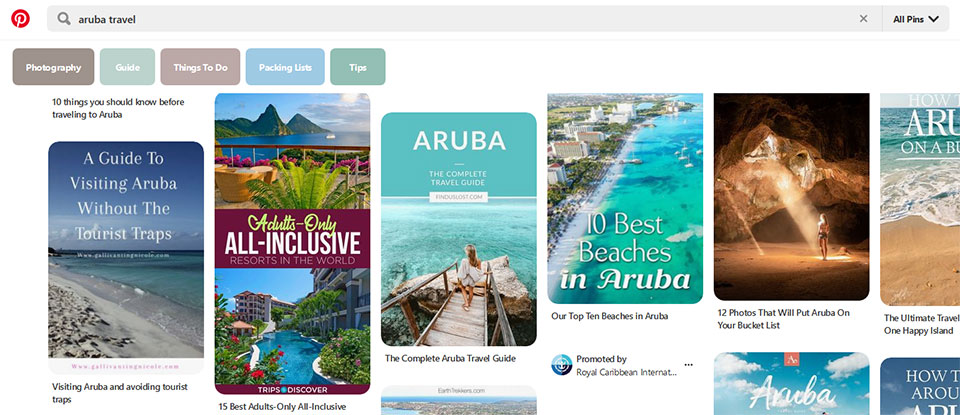Travel Rewards Credit Cards can be an extremely powerful tool using towards your next vacation if it is used correctly. But before we get into details about the top mistakes most people do when using travel rewards credit cards, let’s first say what makes them different than credit cards or rewards credit cards.
Credit cards are no more luxury today. They are a necessary part of our lives. Credit cards come with various benefits like cash back, reward points, credit score, credit history and more. The rewards credit cards give you cash back based on your spending.
The added perks to that are that you don’t pay interest on those charges that you pay off the following month, and you have credit card warranties on the items you purchased.
The best cashback card is pretty subjective, depending on what you want to get out of it. Most cards have relatively strong and weak points.
The best travel rewards credit card will depend on what your travel goals are: mostly domestic U.S. travel in coach or international travel in business or first class?
What Is a Travel Rewards Credit Card?
Although most travel credit cards have different offers and shapes they fall into these three main categories. In general credit cards earns cash back are different than a credit card that offers travel rewards. Here is how they work: most of the travel rewards credit cards use what’s called a points-based system.
You earn one mile (or point) for each dollar that you spend. The accumulated points you can redeem and spend on airfare, hotel stays, or discounts on cruises.
- Airline miles or hotel points
- Fixed-rate or cashback
- Transferable points

Travel rewards credit cards benefits
Finding the best travel rewards credit cards is not always easy and it is time-consuming. This comparison guide from USNews will update you with the latest perks and promotions from the current travel credit cards offers.
It is always better to compare best travel rewards credit cards as they change quite often and to break the topic down and cover the different aspects of the best travel rewards credit cards. This time may be the best time to open your travel rewards credit card.
- Sign-up bonuses
- Trip insurance
- Waived Baggage Fees
- Credits and refunds
- Free Airport Lounge Access
- Lost Luggage Reimbursement
- Airline Fee Credit
- Points Boost for Booking Through Card Portal
Mistakes to Avoid When Using Travel Rewards Credit Cards
Nobody likes to make mistakes, especially when we talk about money and rewards being involved. Below you’ll find the 10 most common mistakes when using Travel Credit Cards.
Not Earning the Welcome Bonus
Most of the credit cards offer a good welcome bonus. Some companies require you to spend a certain amount for a specific time in order to be eligible for the bonus but other companies may give you directly the welcome bonus. That’s why is always important to check their requirements.
If you fail to meet the welcome requirement, you are likely to miss out on a large amount of free travel.
Not Paying Outstanding Balances in Full
No matter how big is your credit limit or how much you’ve spent the interest is something that most people do not pay attention to and waste money. But you can avoid credit card interest by paying your bill in full.
Missing the Right Time to Apply
Another major mistake most people do is missing the right time to apply. Credit cards comparison is always handy. As any other products on the market promotions are often available for travel rewards credit cards as well.

Redeeming for Low-Value Rewards
We all like spending money especially when we have free money waiting. Many consumers redeem their hard-earned points for poor cashback promotions. It is better to wait longer and accumulate more points that can really reduce the price you have to pay or even give you a free ticket.
Applying for Multiple Cards at Once
Applying for too many cards in a short period of time can hurt your credit score and also can make it hard for you to hit the minimum spending requirement. Some credit cards companies deny new applications automatically for certain credit cards if you have opened more than five new credit card accounts.
Canceling the Card Right after Earning the Welcome Bonus or Never Using It
There is nothing wrong with opening an account just to use you welcome bonus points but you should not close the account before it turns its first anniversary. You might find yourself ineligible for future bonuses or getting your applications denied.
Letting Rewards Expire
Most rewards programs have expiration time in their policies but at least you need to earn a point or a mile every 18-36 months. Another way you can lose your earned points is if you choose to close or downgrade your credit card account.

Not Maximizing the Bonuses on Categories
You can earn extra money by checking on regular basics and participating in some of the categories that offer higher bonuses on like restaurants, hotel stays, supermarket purchases, etc.
Paying a High Annual Fee for Rewards Not Actually Used
As we mentioned above every credit company has different policies and some offer no fees others charge annual fees. Some credit cards can charge even several hundreds of dollars annually. If you are not using the credit card and make it worth those fees are just a waste of money.

Paying the Foreign Transaction Charges
Most travelers who use travel credit cards are actually traveling aboard and having a foreign transaction fee is really a bad decision. Today most of the travel rewards credit cards offer no foreign transaction fee make sure to always check that.
Are Travel Credit Cards Worth It?
According to USNews, more than 61% of people surveyed don’t have a travel credit card, missing out on travel discounts and rewards. General travel rewards cards often offer miles & points that either never expire or have a long window in which you can redeem rewards.
Overall you can get a lot of benefits of using the best travel credit cards for travel points, sign-up bonuses, hotel rewards, airport lounges and the overall winner. This combined with cash back rewards credit cards can give you a really good boost and actually save money during trips instead of spending.
In general, getting a travel rewards card is good for you if:
- You fly at least 1-2 times per year (personal or business).
- You stay at hotels for more than 5 days per year.
- You rent cars frequently but do not have insurance coverage.
Want to learn more about other ways to save for your next trip? Check our other posts: Travel tips.






















